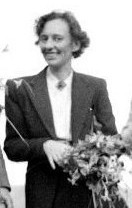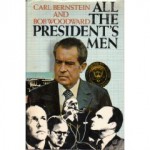Half a year ago, Amnesty International published a report on Palestinian access to water called ”Thirsting for Justice,” in which it largely blamed Israel for the Palestinians’ water woes.
Now Alon Tal, one of Israel’s leading environmentalists, has come out with a reasoned but impassioned critique of Amnesty’s victimization narrative, along with sober recommendations for a regional water policy that can serve the very real needs of the inhabitants of this increasingly dry area of the world. It’s called “Thirsting for Pragmatism: A Constructive Alternative to Amnesty International’s Report on Access to Water,” and it appears in the new issue of the Israel Journal of Foreign Affairs. It’s a 16-page, well-written read and I recommend it in its entirety on all levels—as fine policy analysis, as scathing attack on those for whom Israel is always the villain, and as an example of how, even in the midst of the conflict, Israelis and Palestinians can and must address vital environmental problems that will bury us all if we don’t cooperate.
But I offer a few selections for the rushed. First the basic facts:
Thirsting for Justice contains so much arbitrary, biased, and anecdotal disinformation that it is easy to lose sight of a basic truth about the region’s water conditions that is contained in the report: The amount of water available to Palestinian communities is inadequate, and its quality is frequently unacceptable. Recognizing this intolerable situation is an important point of departure for all parties when considering solutions. At the same time, the low level of Palestinian access to water is a symptom of a complex reality….
And the best way of dealing with it:
 In this friendless week for Israel it’s refreshing and instructive to get away to Sapir College’s annual
In this friendless week for Israel it’s refreshing and instructive to get away to Sapir College’s annual 








